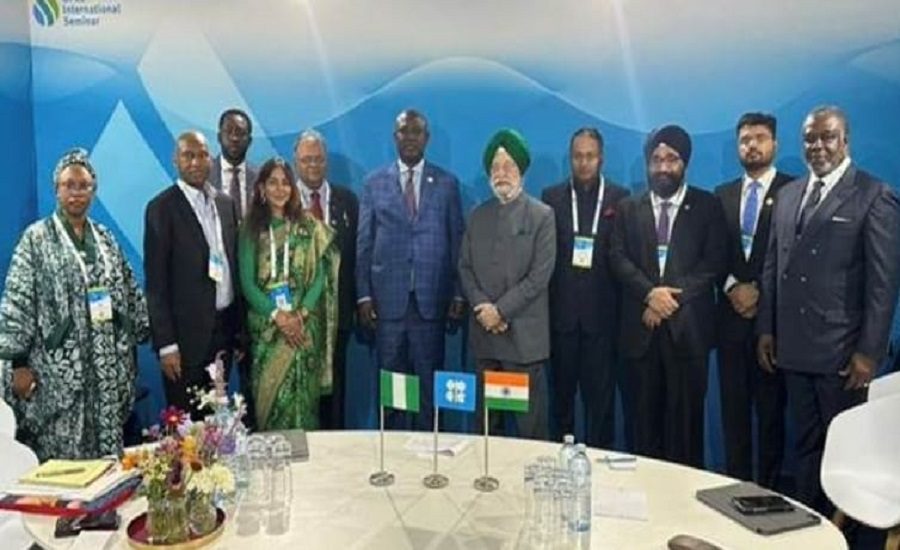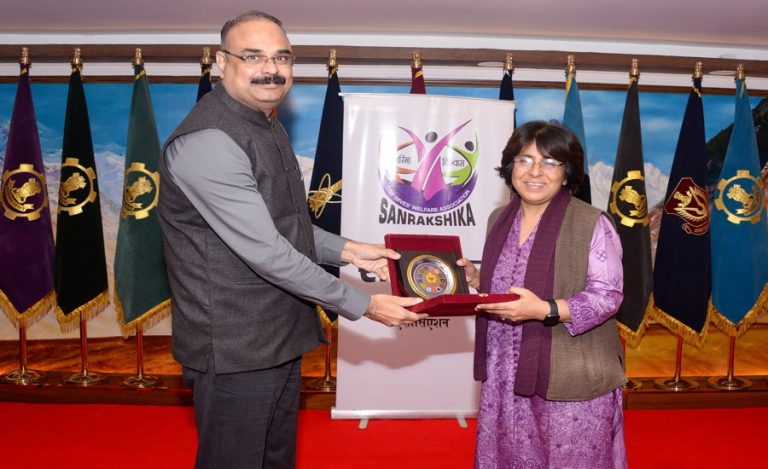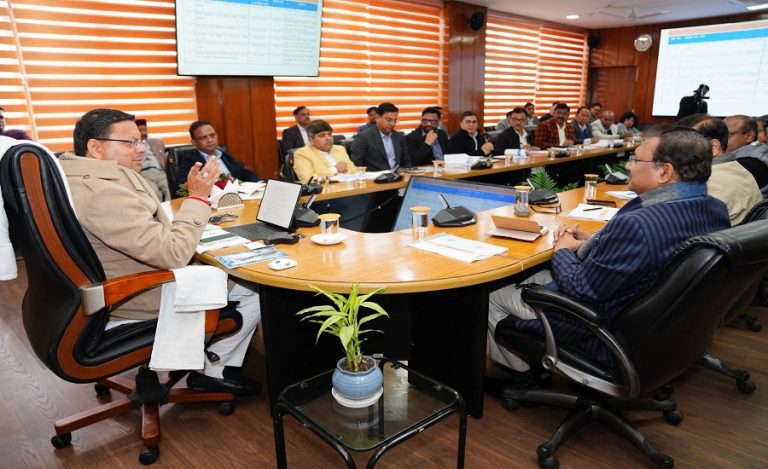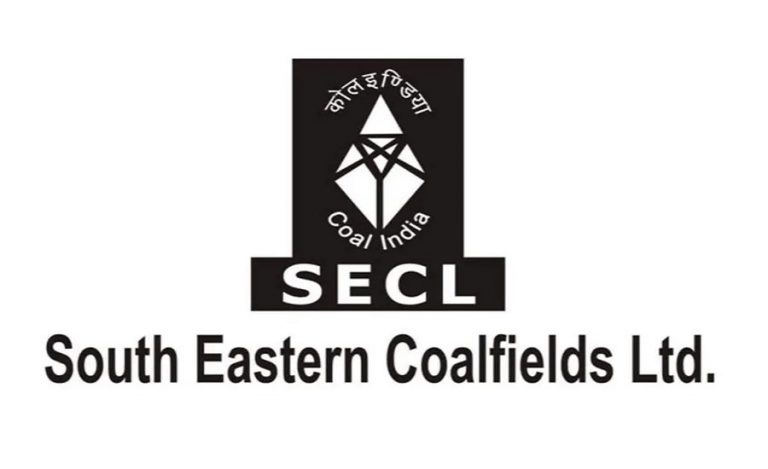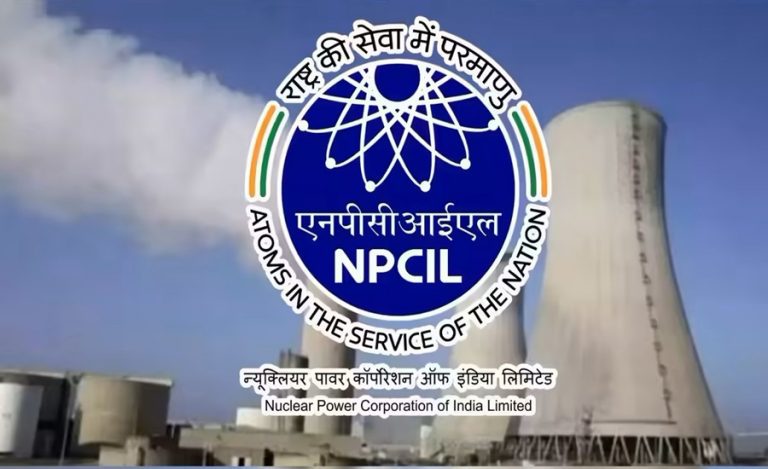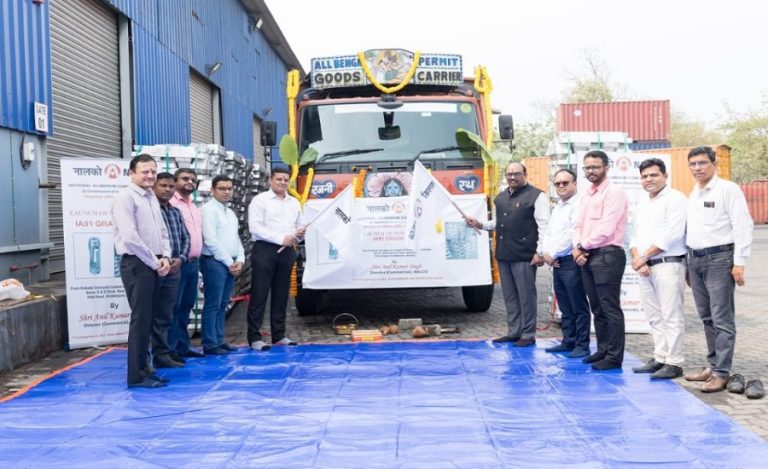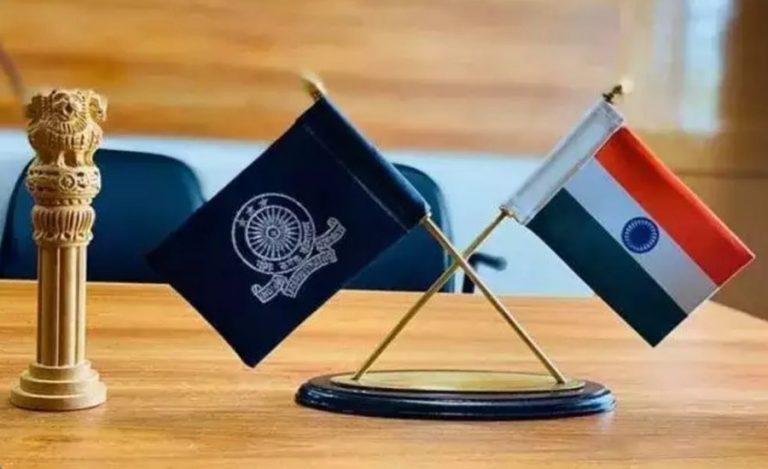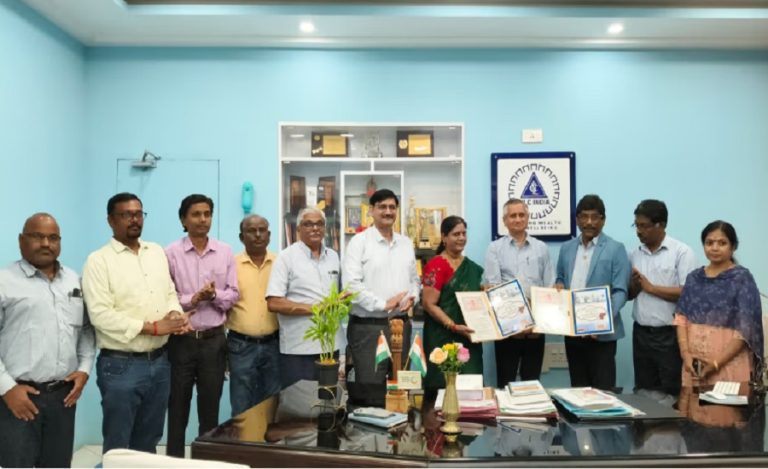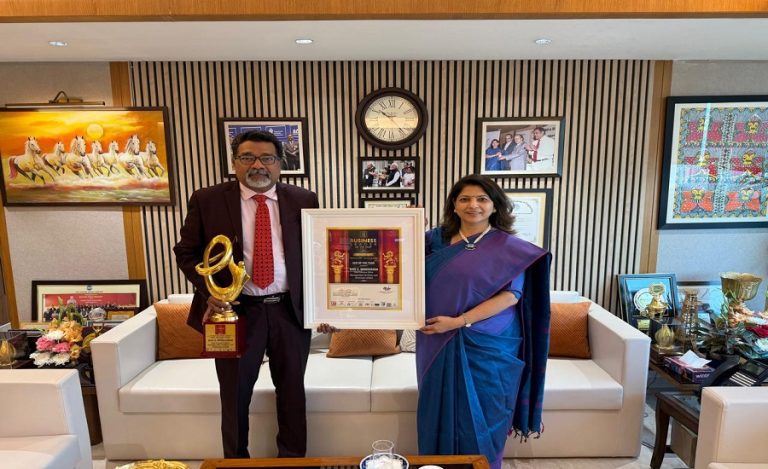New Delhi: In a strong defence of India’s continued import of crude oil from Russia, Union Minister for Petroleum and Natural Gas Hardeep Singh Puri stated that India’s pragmatic approach to energy procurement played a critical role in stabilising global energy prices amid geopolitical turbulence.
Speaking during a press interaction at the 9th OPEC International Seminar in Vienna, Puri said that halting oil trade from Russia in the aftermath of the Russia-Ukraine conflict would have caused a global supply shock, driving crude prices to as high as USD 120–130 per barrel.
“Russia produces over 9 million barrels of crude daily — nearly 10% of global supply. If that had vanished overnight, the world would have faced an impossible task of reducing consumption by over 10%. That kind of chaos would’ve sent prices spiralling,” Puri warned.
He clarified that Russian oil was never under global sanctions, but rather a price cap mechanism was applied by Western nations. “Sensible decision-makers recognised global oil supply realities. India’s choice to buy discounted oil under the cap helped global markets.”
Silencing critics of India’s oil trade with Russia, the Minister emphasised that many commentaries lacked an understanding of energy market dynamics. “India, under PM Narendra Modi, has been a net positive contributor to global energy stability, balancing availability, affordability, and sustainability.”
Highlighting India’s domestic efforts, Puri said that clean cooking fuel is being provided to 330 million households at one of the world’s lowest prices, including beneficiaries of the PM Ujjwala Yojana, who receive LPG at just $0.4 per kg.
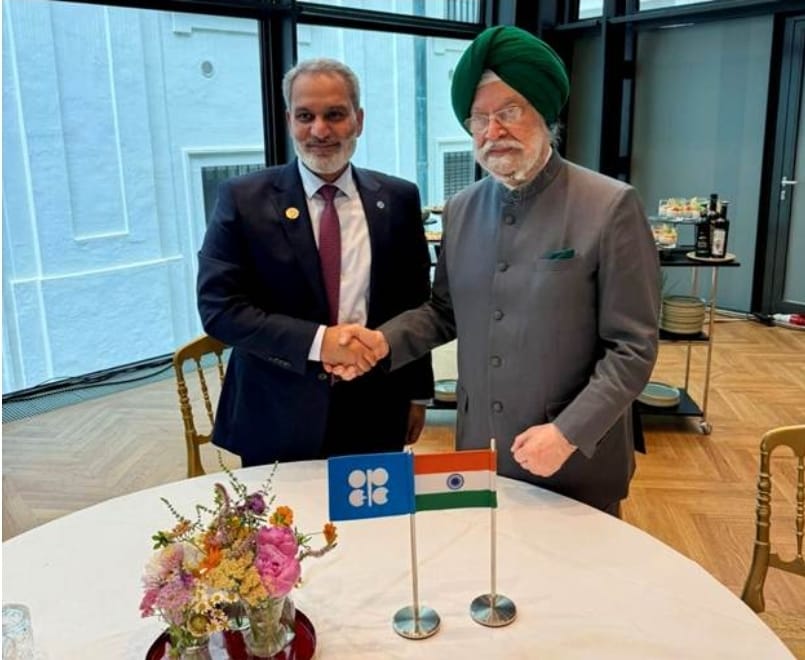
Strengthening Global Partnerships
On the sidelines of the OPEC seminar, Puri engaged in multiple high-level bilateral meetings to deepen India’s energy partnerships.
He met Kuwait’s Oil Minister Tareq Sulaiman Al-Roumi, where discussions focused on expanding Kuwait’s role as India’s 6th-largest crude supplier and 4th-largest LPG source. Kuwait is currently India’s 8th largest hydrocarbon trading partner.
Puri also held talks with Senator Heineken Lokpobiri, Nigeria’s Minister of State for Petroleum Resources. The two leaders discussed expanding hydrocarbons trade, building on India’s long-standing energy partnership with Nigeria.
In a strategic dialogue with Shell CEO Wael Sawan, Puri pitched India’s massive push for domestic oil and gas exploration under OALP Round-10, which targets exploration of nearly 2.5 lakh sq. km of onshore and offshore areas — one of the world’s largest upcoming bidding rounds. India seeks to raise natural gas’s share in the energy mix from 6% to 15%, offering substantial scope for international technology collaboration.
Puri’s meeting with OPEC Secretary General Haitham Al Ghais focused on maintaining a balanced and predictable global oil market, while supporting the energy transition towards greener alternatives. “As the third-largest oil importer, India shares a unique, symbiotic relationship with OPEC,” he noted.
In discussions with BP CEO Murray Auchincloss, Puri reaffirmed the depth of BP’s engagement in India’s upstream and downstream sectors. BP has invested in India’s E&P sector and built a Global Business and Technology Center in Pune. Their partnership extends across natural gas, biogas, and retail infrastructure.
The Minister also held a meeting with Russel Hardy, Group CEO of Vitol, discussing challenges and cooperation across the hydrocarbons value chain, underscoring the importance of strong private-sector collaboration to meet India’s rising energy demand.
India’s Energy Outlook
India, the world’s third-largest energy consumer, imports 80% of its crude oil and 50% of its natural gas. It currently consumes about 5.4 million barrels per day and is aggressively pursuing diversified sources of supply.
Puri underlined that India’s approach — of securing energy at affordable prices while contributing to market stability — not only benefits its 1.4 billion citizens but also cushions global markets in volatile times.
With strategic outreach and growing domestic E&P efforts, India aims to ensure long-term energy security while transitioning responsibly towards cleaner energy.

